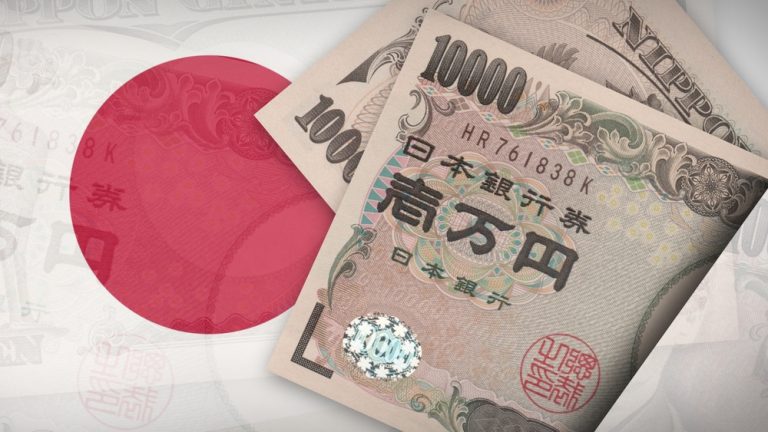BOJ Maintains Caution as Global Risks Mount
The Bank of Japan (BOJ) kept interest rates unchanged on Wednesday, citing growing global economic uncertainty fueled by U.S. tariff policies. Governor Kazuo Ueda highlighted that while rising food costs and strong wage growth could push domestic inflation higher, external risks from U.S. trade actions make future rate hike decisions uncertain.
Impact of U.S. Tariffs on Japan’s Economy
Ueda acknowledged the potential fallout from U.S. President Donald Trump’s recent tariff increases, stating that the BOJ would reassess its economic forecasts in early April. “Japan’s wage and price conditions are on track, possibly stronger than expected. But the uncertain U.S. and global outlook makes it difficult to assess the potential impact on Japan’s economy,” he said at a press conference.
Trump’s administration has raised tariffs on steel and aluminum imports to 25% and is expected to announce new auto tariffs on April 2, which could impact Japan’s economy significantly. The United States is Japan’s largest export destination, accounting for $140.56 billion worth of goods, with automobiles representing 28% of total exports.
Mixed Signals on Future Rate Hikes
Having raised interest rates in January for the first time since 2007, the BOJ voted unanimously to maintain its short-term policy rate at 0.5%, a widely expected decision. However, Ueda suggested that the bank may not need to wait for complete clarity on U.S. tariff impacts before adjusting policy.
“There are factors we will know fairly soon, such as changes in public sentiment,” Ueda noted. “We’ll make sure not to be too behind the curve in dealing with domestic inflation risks.”
Despite global uncertainties, Japan’s domestic inflation and wage growth remain strong. Big Japanese firms recently agreed to substantial pay hikes in labor negotiations, marking the third consecutive year of wage growth. Headline inflation hit a two-year high of 4% in January, driven by rising food and labor costs.
Market Reaction and Future Outlook
The Japanese yen fluctuated after the BOJ’s announcement but later edged down 0.2% to 149.56 per dollar. Analysts suggest that Ueda’s comments reflect a balanced stance, acknowledging both domestic price pressures and global economic headwinds.
“Ueda’s comments showed the BOJ was very mindful of the impact of rising food prices,” said Atsushi Takeda, chief economist at Itochu Economic Research Institute. “He wasn’t just talking about overseas risks but also emphasized strong wage negotiations, suggesting he isn’t as cautious about Japan’s economic outlook as markets think.”
The BOJ’s next major policy meeting on April 30-May 1 will be crucial in determining the timing and pace of future rate hikes. Over two-thirds of economists polled by Reuters expect the BOJ to raise rates to 0.75% in the third quarter, most likely in July.


